Income Taxed Under Income from Other Sources
Income from other sources is the fifth head of income under the income tax Act. This head is used to classify the income that is not classified under any head of income.
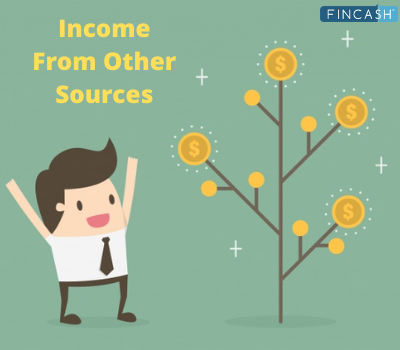
What is Income from Other Sources?
Income from other sources contains two main categories recurring income and non-recurring income:
Recurring Income
Any income received on a regular basis, it generally includes interest income from savings Bank, Post Office savings, fixed deposits, recurring deposits etc.
Non-Recurring Income
Infrequent gains, which include a gain on sale of assets, insurance settlement, a one-time sale, lotteries, gambling and so on.
Classification of Other Income
Dividend
Dividend is chargeable at a rate of 10 per cent if the collection amount of the dividend exceeds Rs. 10 lakh. This is applicable to the individuals and HUF. If you receive a dividend from a domestic company then it will be chargeable under the dividend distribution tax. Eventually, you will get an exemption.
One-time Income
Income like lotteries, a one-time sale, gambling, sale of assets are considered as one-time income.
Amalgamate rental income
If the machinery, plant or furniture belongs to the taxpayer and let on hire. This is not chargeable to tax under the head of “Profits and Gains of Business or Profession”
Talk to our investment specialist
Sum of money or property received by HUF or an individual
Every individual will be taxable from the income from other sources. The exception is applicable if you receive the amount/property from your relatives. To understand better check the following points:
In case if you receive any amount without consideration which is more than Rs. 50,000 in the previous year, then the whole amount will be taxable.
If you receive a property which is less than the stamp duty value of the property and higher to Rs. 50,000 or the amount equal to 5 per cent of the consideration.
If any moveable property is received without consideration and the aggregate value of the property exceeds Rs. 50,000, then the whole collected value of the property will be taxable.
Employee contribution
If a sum is received by the taxpayer form his employees as the contributions to the provident fund or superannuation under the employee’s state insurance, 1948 (34 to 1948). This type of income is not chargeable under the head of “Profits and Gains or Business or Profession”
Employee compensation
If any employee receives any compensation due to the termination of the employment or any modification of terms and conditions related to the job then the amount will be taxable.
Reporting FD and RD
If you have FD’s open then all the interest income will come under other interest income.
If the income Recurring deposit income exceeds Rs. 10,000 then 10% of tax will be deducted on the total income RD amount. This interest of income will come under income from other sources.
Tax Deduction Not Allowed
In most of the case, you can claim the tax under Section 80C. There are other section that lets you claim tax benefits too. But the following deductions cannot be claimed while calculating income from other sources.
- Personal expenditure
- The interest chargeable and payable outside India on which tax has not been paid or deducted at source
- An amount paid on account of wealth-tax
- Deductions for transactions made on other than arm’s length price under Section 40A (arm’s length price- It refers to a business deal where the buyer and seller acts independently without one party influencing the other)
Calculation on Income from Other Sources
If the income is from a non-recurring source, then the total amount of 30 per cent will be taxable.
For instance- if your income from other source is Rs. 50,000, then the tax of Rs. 15,000 is applicable on the amount.
The total amount will be added to your taxable income, hence., payable tax will be applicable be as per your income tax slab.
Example: If you are getting any family pension of Rs. 50,000, then you will get an exemption of 33.33% or 15000, whichever is the least.
If you are getting a family pension of Rs. 40,000, then you will get an exemption of 33.33% or Rs. 12,000, whichever is the least.
33.33% of 40,000 = Rs. 13,332 or Rs. 12,000. The lesser amount will be the exemption amount
The taxable amount will be 40000-12000 = Rs. 28000.
All efforts have been made to ensure the information provided here is accurate. However, no guarantees are made regarding correctness of data. Please verify with scheme information document before making any investment.
You Might Also Like
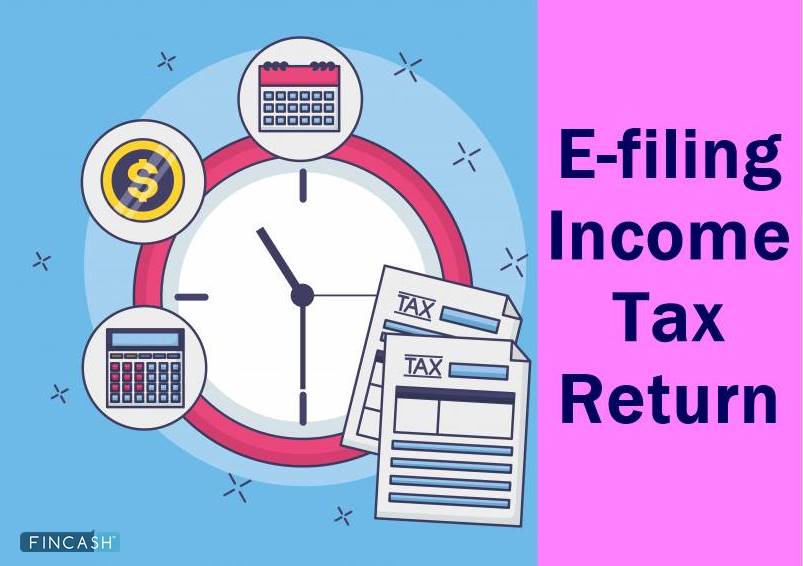
E Filing Of Income Tax – A Complete Guide To File Income Tax Return
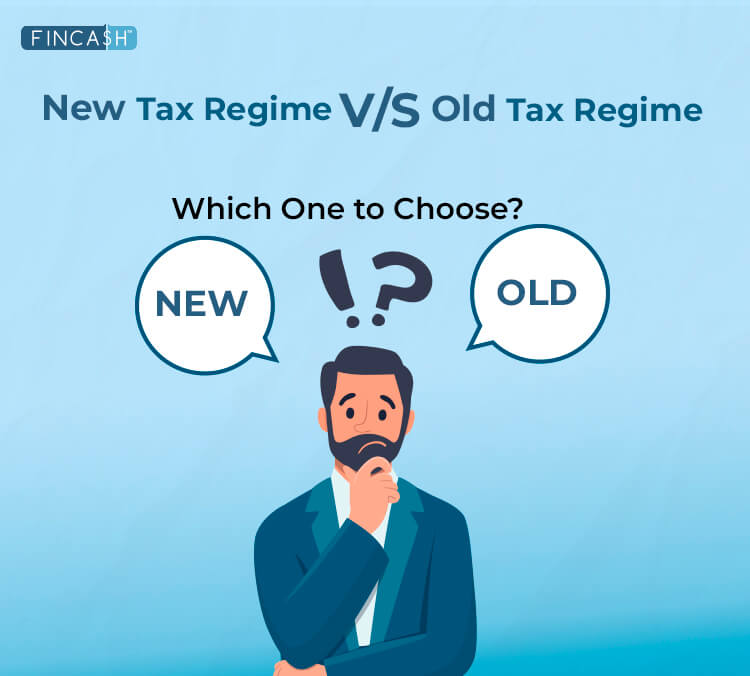
Income Tax Slabs FY 2024 - 25: New Tax Regime Vs Old Tax Regime

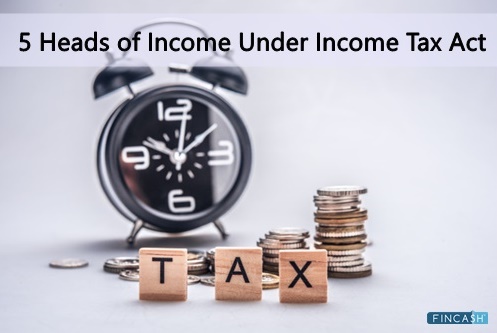
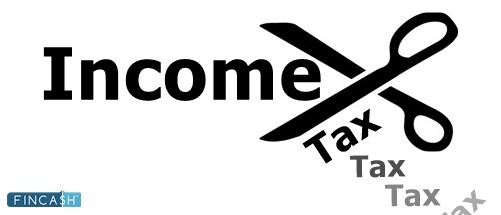
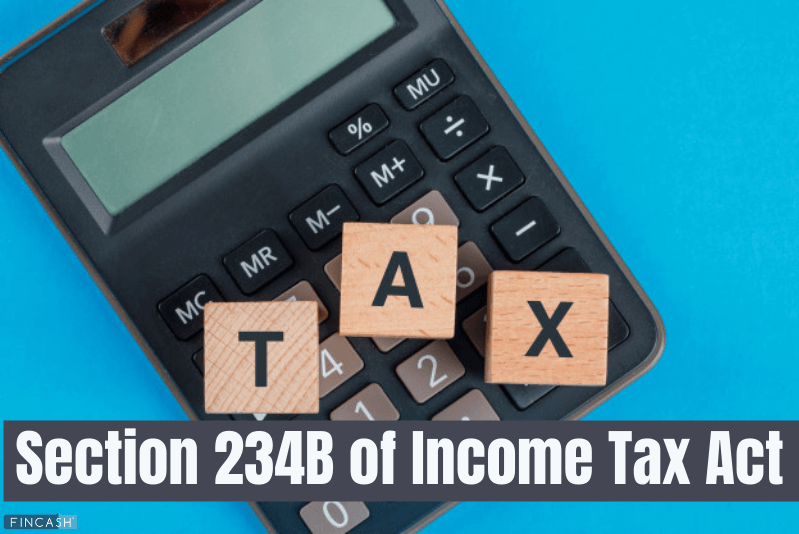
Section 234b Of Income Tax Act — Default In Payment Of Advance Tax
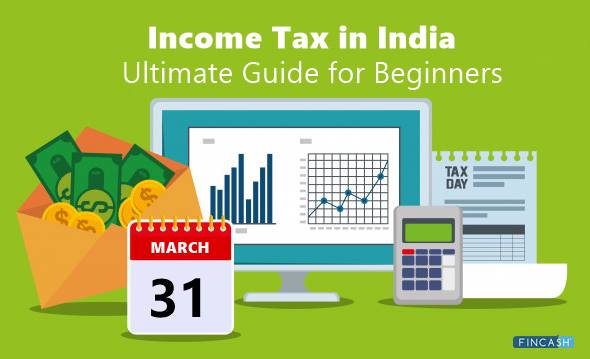
Income Tax In India FY 26 - 27: Ultimate Guide For Tax Payers!

Income Tax Slabs For FY 2024-25 & FY 2025-26 (new & Old Tax Regime Rates)




